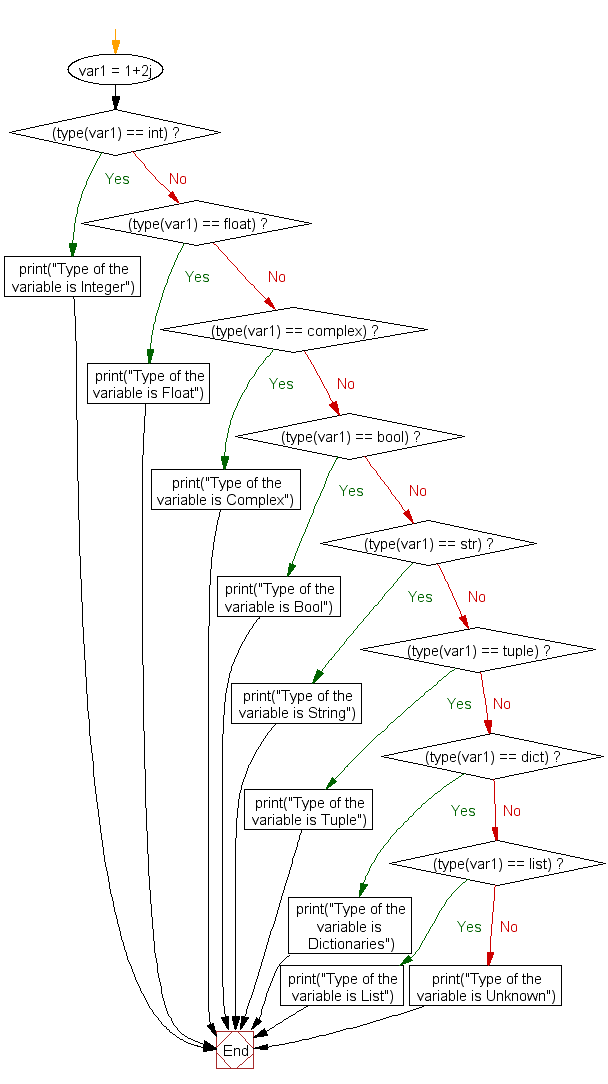

How to check if a key exist in Python dictionary Here we are using two variables with ems to iterate over both key and the value and then print them on the console. Print( 'The key is: ', key, 'and mapping value is: ', value) In the previous example we got the keys and values using different methods in separate code, we can also iterate over a dictionary and get both keys and values at the same time: #!/usr/bin/env python3

values() to get the list of values in cars dictionary')Įxample-3: Get both keys and value at the same time from Python dictionary keys() to get the list of keys in cars dictionary') Use the keys() method as follows, in order to print the keys: #!/usr/bin/env python3

You can also explicitly iterate through only the keys or the values of a dictionary by calling the keys() method, which returns a list of keys, or the values() method, which returns a list of values in the dictionary. Output from this script: ~]# python3 dictionary-example-5.pyĮxample-2: Iterate over keys or values using keys() function in Python dictionary Use a for loop as follows, in order to get a dictionary's keys: #!/usr/bin/env python3 The simplest way to iterate through dictionaries is to use a for loop. But let's discuss this in more detail here: Example-1: Use for loop to iterate over dictionary I already covered this part in my previous chapter where I used for loop to iterate over dictionary. Output from this script: ~]# python3 dictionary-example-4.py # prints custom message when key is not defined print(cars.get( 'test', 'Key test is not defined')) # prints 'None' when key is not defined print( 'This key is not defined: ', cars.get( 'test')) Print( 'This key is present: ', cars.get( 'hyundai')) You can also use the get() function to specify what should be returned when no value exists. The get() function returns None if an item does not exist. In such case we should use get() function which we will use in our next example: I updated my script to lookup for key " ford" which doesn't exist and hence the script failed: ~]# python3 dictionary-example-2.pyįile "dictionary-example-2.py", line 10, in Output from this script: ~]# python3 dictionary-example-2.pyīut if a key is not defined then you may get KeyError. In this example we will read the value of all the keys present in cars dictionary: We can use the key to get the mapping value details. In this section we will access the dictionary values using their keys: Example-1: Using key reference

But before jumping on the methods, let us quickly recall python string and dictionary in detail. However, the exchange of data between the server and client is done by python json which is in string format by default.Īs it is necessary to convert the python string to dictionary while programming, we have presented a detailed guide with different approaches to making this conversation effective and efficient. Dictionary is one of the data types in python which stores the data as a key-value pair. Converting one data type into another is a frequent problem in python programming and it is essential to deal with it properly.


 0 kommentar(er)
0 kommentar(er)
